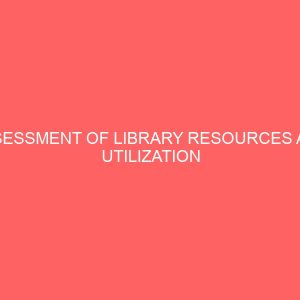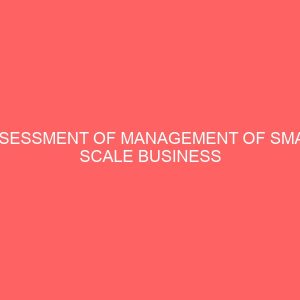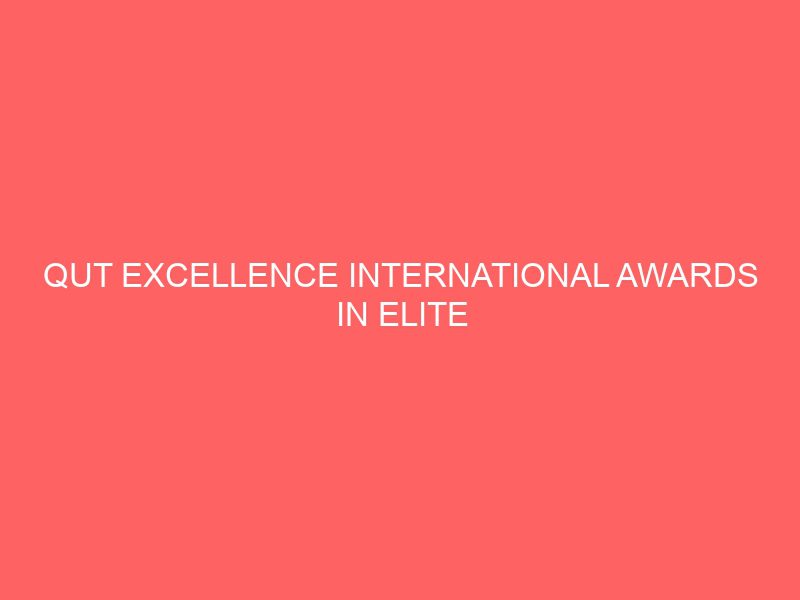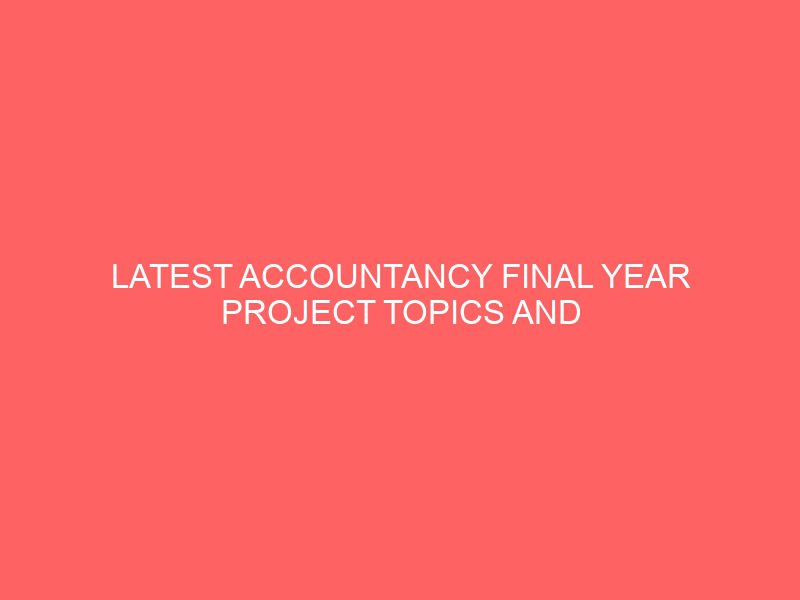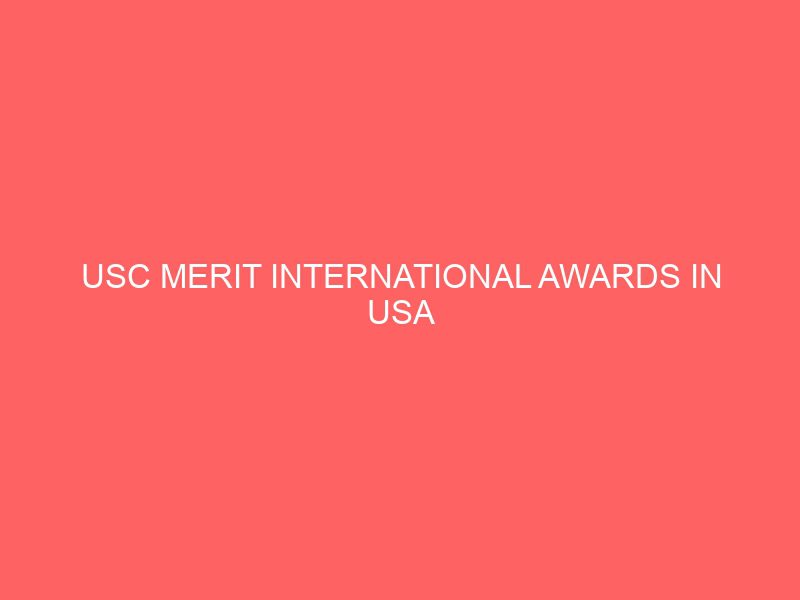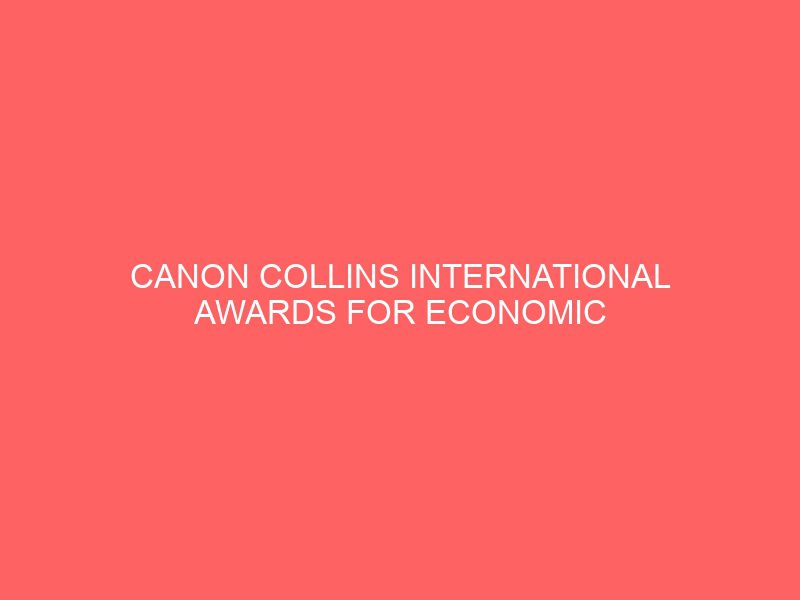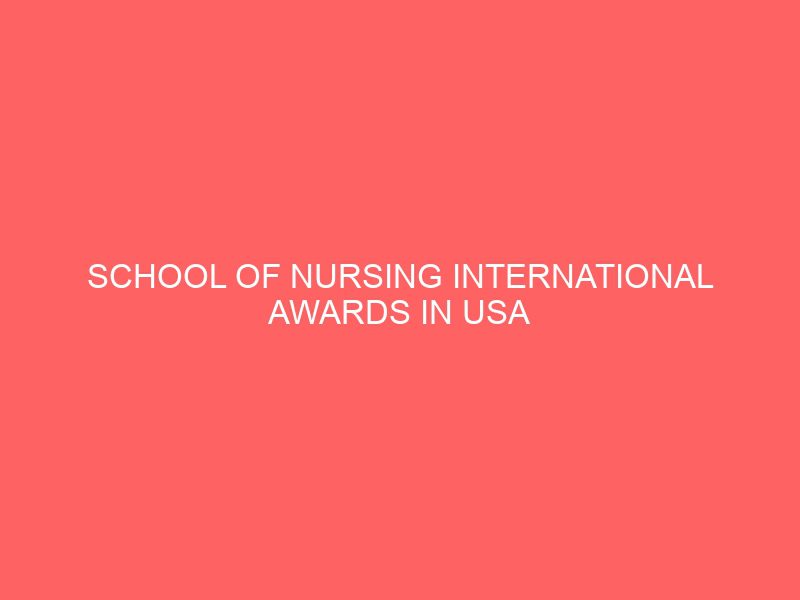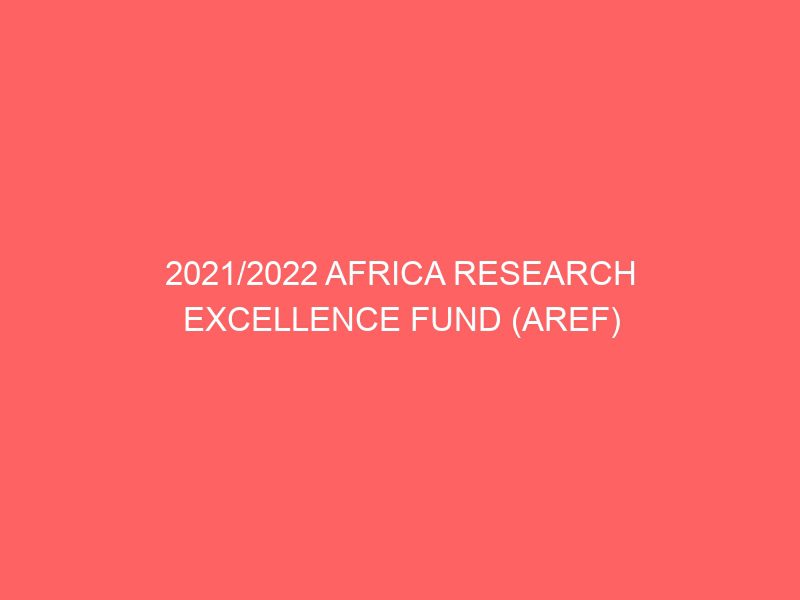QUT Excellence international awards in Elite Visual and Performing Arts, Australia
An undergraduate degree is a worthwhile investment that can assist you in fulfilling your lifelong educational and career goals. Therefore, the Queensland University of Technology is granting the Excellence international awards in Elite Visual and Performing Arts.
The educational award is available for those eligible candidates who wish to pursue the undergraduate degree coursework for the academic year 2022/2023.
Undergraduate and postgraduate coursework, graduate diplomas and certificates, and higher degree research programmes are all available at the Queensland University of Technology. The Times Higher Education World University Rankings consistently placed it among Australia’s top 12 universities.
Why study at the Queensland University of Technology? Candidates who are undecided what they want to pursue after graduation might explore their alternatives at this university. They can meet with career counsellors who can assist them in exploring alternatives as well as information advisers who can assist them in gaining access to career information.
Application Deadline: Open
Brief Description
- University or Organization: Queensland University of Technology
- Department: NA
- Course Level: Undergraduate degree
- Awards: Up to $30,000
- Access Mode: Online
- Number of Awards: NA
- Nationality: Australian and international students
- The award can be taken in Australia
Eligibility
- Eligible Countries: Australian and international students
- Acceptable Course or Subjects: Undergraduate degree in the following subjects:
- Bachelor of Fine Arts (Acting)
- Bachelor of Fine Arts (Dance)
- Bachelor of Fine Arts (Music)
- Bachelor of Fine Arts (Visual Arts).
- Admissible Criteria: You must be one of an Australian or New Zealand citizen
- You must have a permanent resident
- Students should be holder of a permanent humanitarian visa
- An international student who has completed high school in Australia or Australian curriculum (or International Baccalaureate) overseas.
- You must also be starting university for the first time in 2022 and have placed one of the eligible Creative Industries courses as your first preference on your QTAC application.
How to Apply
- How to Apply: To be considered for this education award, seekers need to be enrolled in the undergraduate degree program at the university.
- Supporting Documents: Applicant must have to attach a CV, personal statement, and portfolio, letter of motivation, and letter of recommendation.
- Admission Requirements: For being accepted, seekers are required to hold their bachelor’s degree certificates with an average grade point average (GPA) of 6 or above.
- Language Requirement: You will need to meet the English language level required for your course.
Benefits
The scholars will receive a scholarship valued at up to $30,000. These financial aid positions will be paid as a study stipend of up to $5,000 after the HECS-HELP census date of each semester for the standard duration of your course, for up to three years ($10,000 per year).


